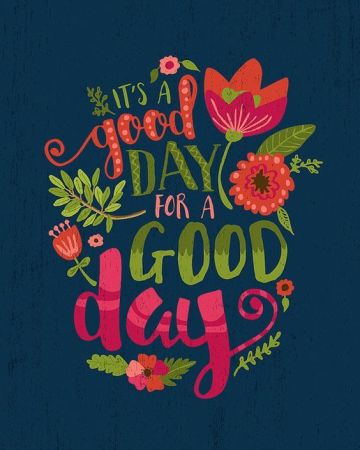Close the door behind you. Use both hands to carry things that might spill. Keep your voice down when baby is sleeping. Eat breakfast in a timely manner. Shoes off in the house. Toilet lid closed. Coat hung up. Mess cleaned up.
The list goes on and on and on. And then these small humans go to school with a similar, but separate list.
With lists that long, mistakes are inevitable. The question is, what becomes of trust?

As usual, Brene Brown nails it here. As parents and teachers, we have a precious opportunity to teach children what it looks like to “make amends, stay aligned with our values, and confront shame and blame head-on.”
We can model to them what we do when we make mistakes to try to forge trust in our relationships, as well.
But of course, when backpacks get left on the floor again, or when the milk glass gets spilled again, it’s easy to let frustration take the driver’s seat and throw all trust and understanding out the window. It’s also easy to feel like they should know that expectation by now, and to show understanding would be to void responsibility.
But if we do that, we leave no room for trust, for opportunity to “make amends” and try again.
So instead, choose trust.
Give them a chance to clean it up.
Work together to build greater mutual understanding.
Exemplify vulnerability and the messy, hard work of relationship-building.
And while we’re at it, print off this Engaged Checklist, also from Brene Brown, and keep it posted in a handy spot…
 featured image: DeathToTheStockPhoto
featured image: DeathToTheStockPhoto





